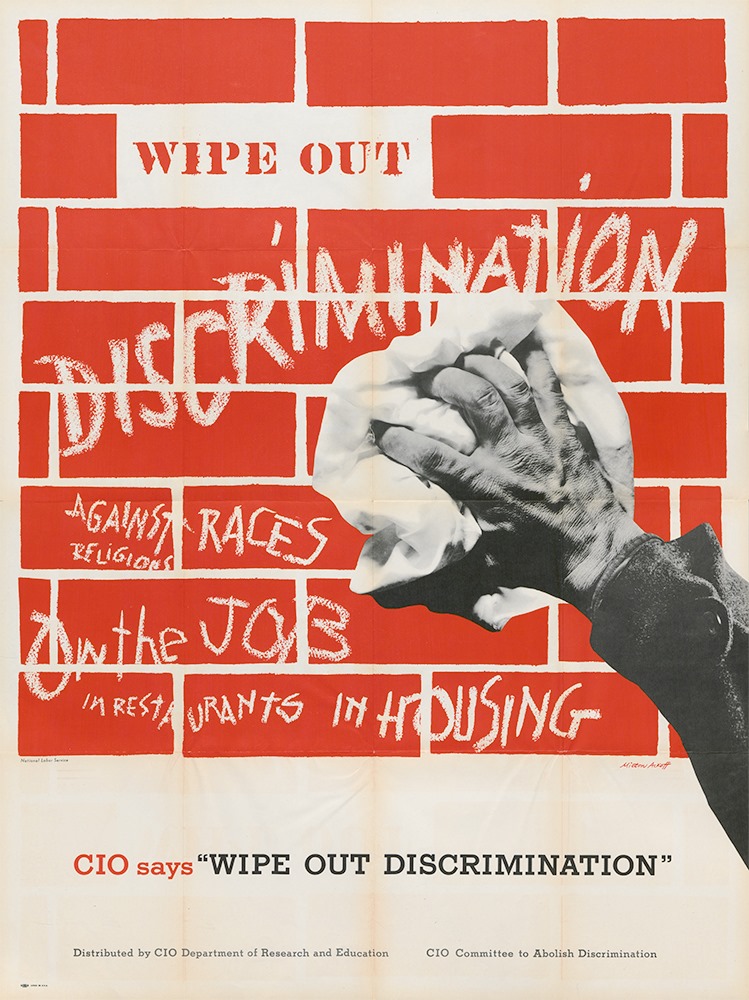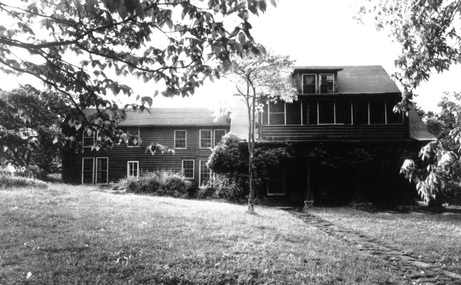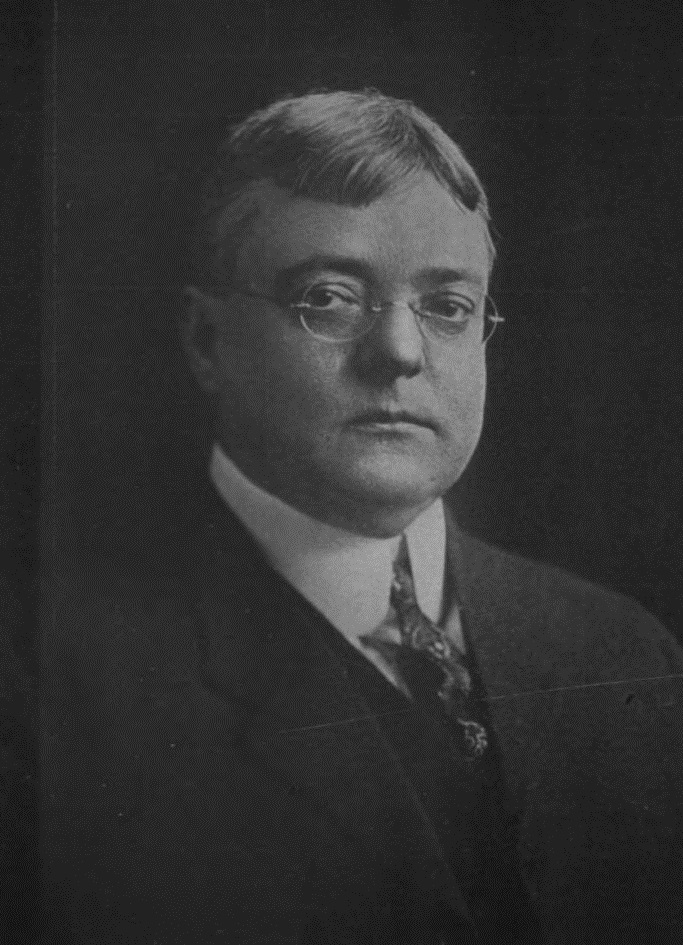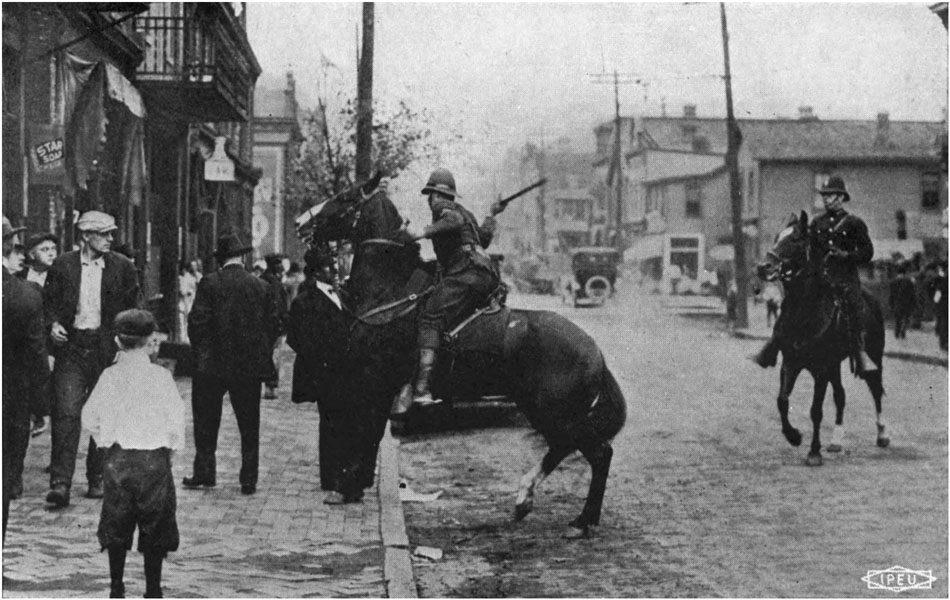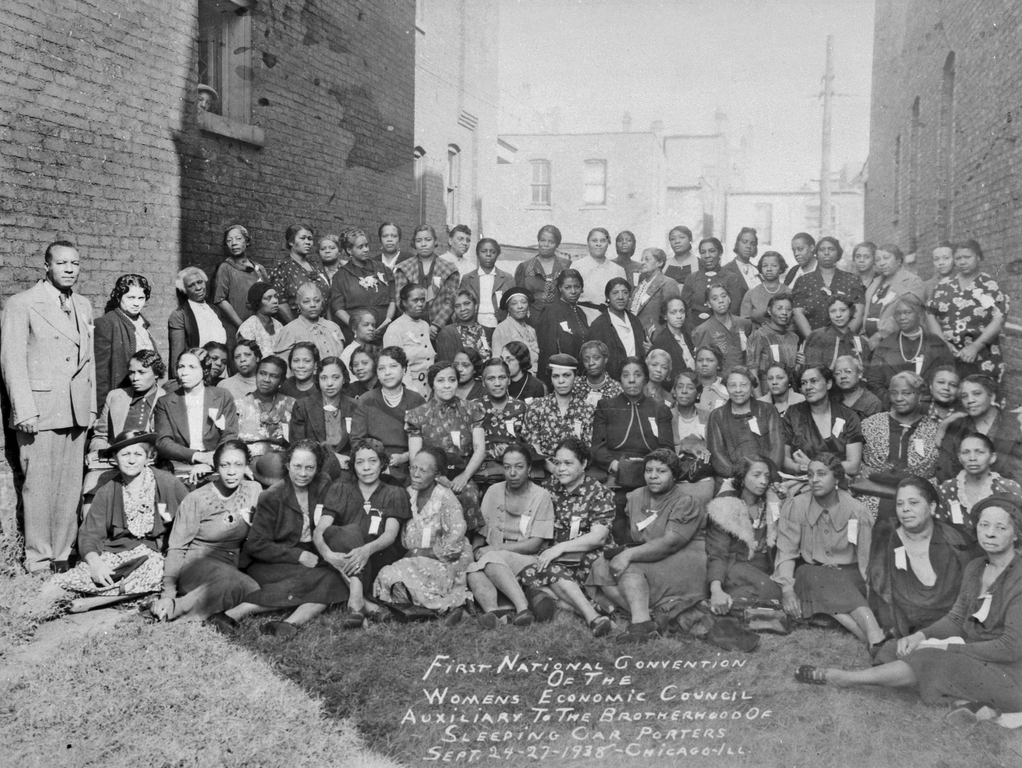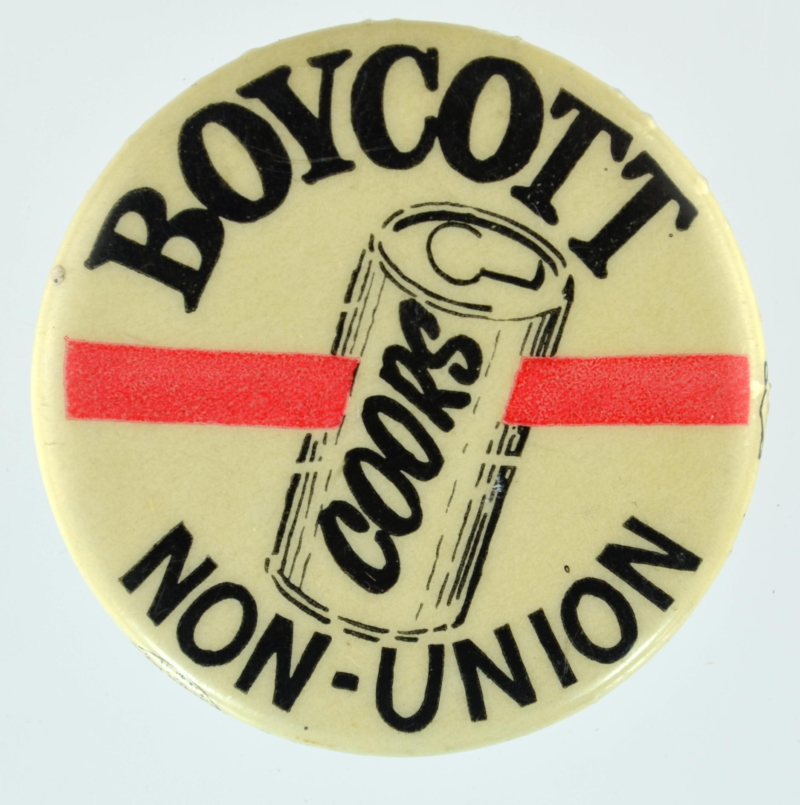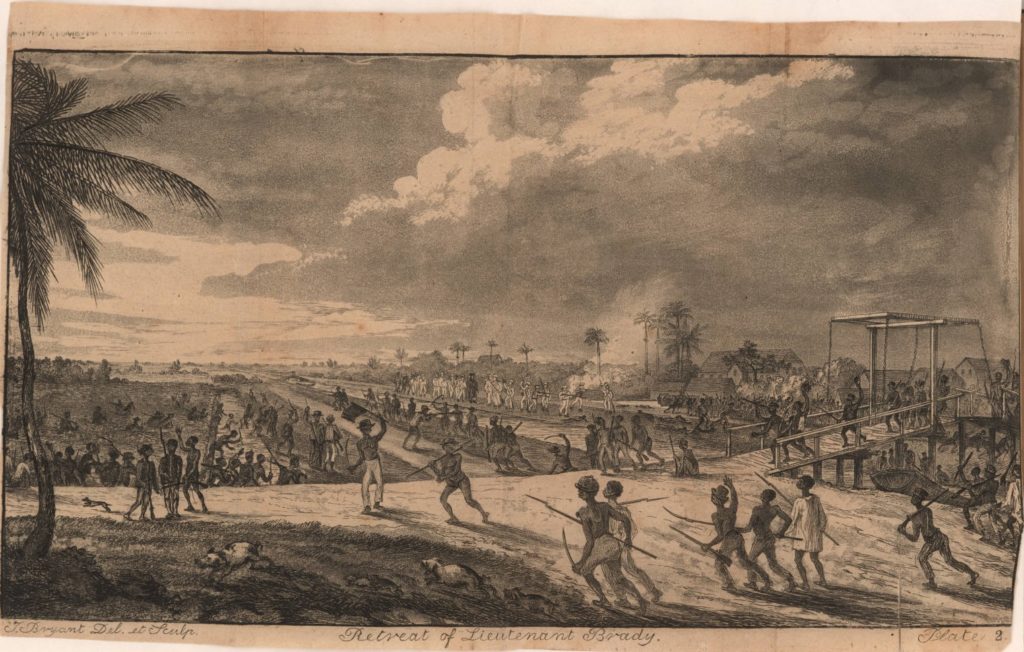This Day in Labor History
On November 1, 1879, the Carlisle Indian School opened in Carlisle, Pennsylvania. This school, central to the genocidal project to end Native American culture in the late nineteenth century, was.
On October 9, 1961, the U.S. Supreme Court refused to review a Tennessee state Supreme Court order revoking the charter of the Highlander Folk School. This allowed the state to.
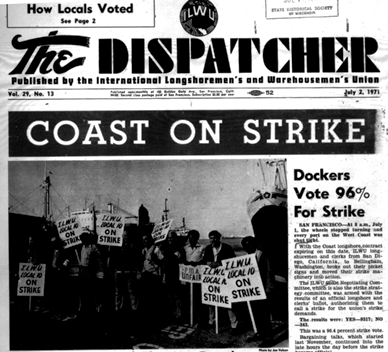
On October 2, 1968, the Mexican military slaughtered students protesting in the Tlateloco Plaza at the edge of Mexico City. The Tlateloco Massacre demonstrated the complete corruption of the Mexican.
On September 27, 1922, the Sentinels of the Republic formed as a conservative organization to defeat labor reform. It first targeted the Child Labor Amendment proposed to the Constitution. This.
On September 17, 2011, a group of activists started protesting in Zucotti Park in Lower Manhattan. Soon gaining the nation's attention and spawning similar groups across the country, Occupy Wall.
scan from 4x5 BW copy negative On August 29, 1935, the Brotherhood of Sleeping Car Porters signed its first contract with the Pullman Car Company, breaking that company's long anti-union.
On August 18, 1823, slaves in what is today Guyana rose up in what became known as the Demerara Rebellion. This was brutally suppressed by the English colonialists, but also.
On August 10, 1680, the Pueblo Revolt began in New Mexico. The most successful Native rebellion in the history of the Americas, this forced the Spanish out of their northern.



